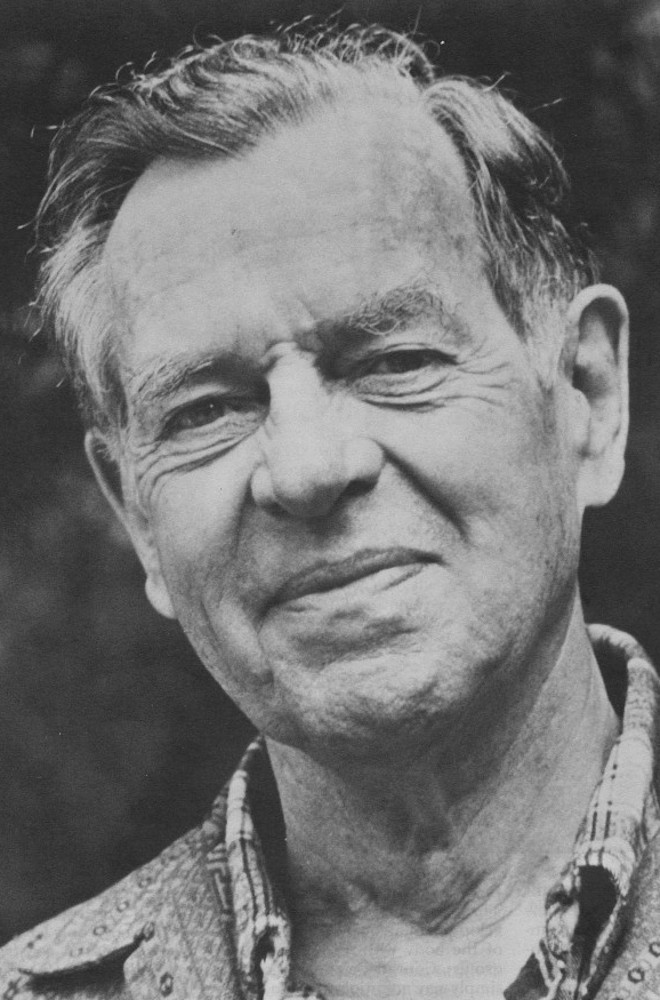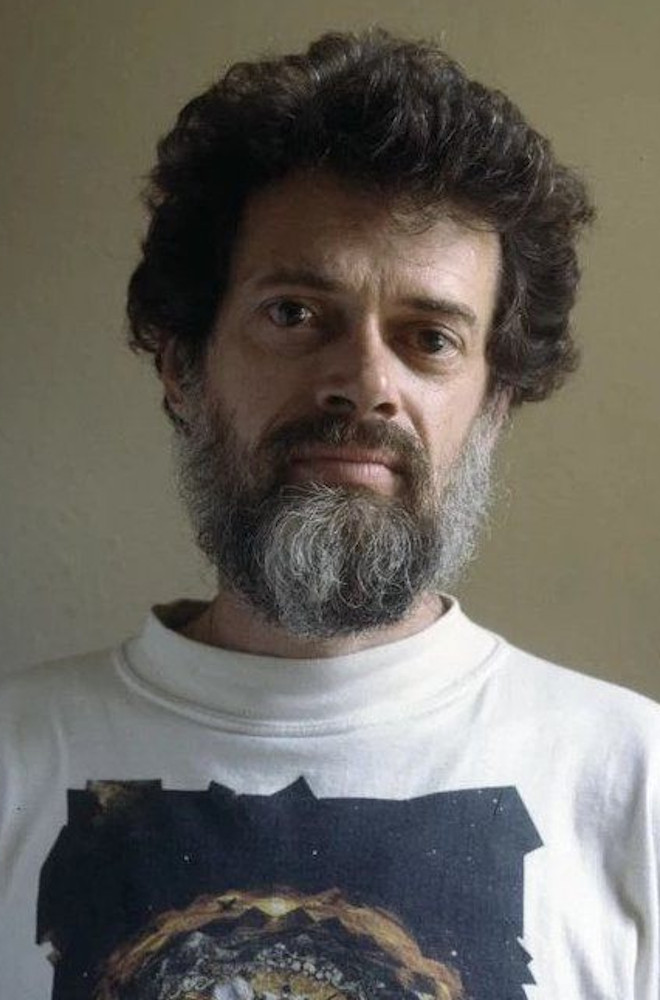 A Jack of Many Trades
A Jack of Many Trades
Ryan Holiday’s career has been nothing if not varied. Over the years, he’s been a college dropout, marketer, public relations consultant, whistleblower on deceptive media practices, philosopher, historian, political activist, bestselling author, newspaper editor, business owner, and farmer.
One reason for his taking on these seemingly unconnected roles is his intellectual ability to look not just at specific issues, but also the principles and driving forces behind them. Ryan Holiday’s best books are therefore filled not just with interesting anecdotes, but thought-provoking parables.
A Modern-Day Stoic
In day-to-day language, a stoic is someone who can endure discomfort without complaining. At a deeper level, however, Stoicism is a complex yet surprisingly pragmatic philosophy. Explaining it in simple terms is next to impossible (that’s what the top Ryan Holiday books are for!). As a first approximation, though, we could say that it’s based on the recognition that, while external events are largely outside our control, our reactions to them aren’t.
Many of the most popular Ryan Holiday books are on exactly this subject. They’re never pompous or moralizing, though. To a Stoic, knowledge is something that has to be sought and internalized, not parroted from a book. On that note, here are my ten favorite Ryan Holiday books, ranked according to my own special system (which isn’t really a system at all, in the conventional sense).
Best Ryan Holiday Books
| Photo | Title | Rating | Length | Buy |
|---|---|---|---|---|

|
The Daily Stoic | 9.92/10 | 416 Pages | Check Price On Amazon |

|
Stillness Is the Key | 9.84/10 | 288 Pages | Check Price On Amazon |

|
Ego Is the Enemy | 9.64/10 | 256 Pages | Check Price On Amazon |

|
The Stoic Virtue Series | 9.52/10 | 2 Books | Check Price On Amazon |
The Daily Stoic

 Bite-Sized Chunks of Wisdom
Bite-Sized Chunks of Wisdom
Many books on philosophy, whether popular or academic, are all-or-nothing propositions. If you don’t understand and accept the whole enchilada, you simply won’t “get it”.
This book is different. Each of these “meditations” stands alone. You can also read them in any order without missing a beat. Like many of the best books by Ryan Holiday, it also manages to construct bridges between the ancient and the modern, the abstract and the practical. Though many passages are in the words of long-dead Stoics, Holiday does a good job of placing each in its proper historical context. In addition, he also manages to find their relevance to daily life in the modern world.
An Instant Hit
The Daily Stoic managed to reach the top slot on the Wall Street Journal’s bestseller list. Many famous people in different fields have cited it as a source of inspiration. It is, in fact, hard to find any negative reviews of this Ryan Holiday book.
Reading a page or two every morning can easily become as much a part of your routine as brushing your teeth. You also won’t need to throw it out once a year has passed. Many of these meditations, though somewhat intuitive, take time and more than one reading to start shaping your outlook. Whether you’re interested in philosophy or not, this book can easily help to set you on the path to a more purposeful, principled, and peaceful life.
Stillness Is the Key

 Time to Stop Running in Place
Time to Stop Running in Place
Constant busyness is one of the features of today’s world. Meals are eaten in front of the TV lest we miss some important twist in The Real Housewives of Wherever. Smartphones are only occasionally used for calling people, the rest of the time, they’re nothing but attention drains. We hardly read newspaper articles anymore: anything that can’t be said in a tweet must be irrelevant.
Holiday is not exactly a cheerleader for this (somewhat artificially) hectic lifestyle. He points out that a lot of the things that occupy our time and thoughts can be disposed of, easily and without any negative effects at all.
The Value of Tranquility
Stillness is essential. This is not just a matter of doing nothing every now and again, though. True stillness endures even in the midst of chaos, enabling those who possess it to maintain their perspective and be that much more effective in demanding situations.
This principle, along with its various corollaries, is demonstrated extensively through numerous quotations and examples spanning almost all of recorded history. This approach, while inspiring, does have one serious flaw. Snatching a few anecdotes from the life of, say, Fred Rogers and then linking all his achievements to stillness doesn’t actually prove anything. That doesn’t seem to be Stillness Is the Key’s purpose, though. It’s well worth reading, and probably the best Ryan Holiday book to lend to all the overworked, over-worried people you know.
The Obstacle Is the Way

 Trusted by Champions
Trusted by Champions
Ordinarily, recommendations by professional athletes don’t play a huge role in selecting the books I review here. When there’s an absolute tidal wave of these for a particular title, though, I can’t help but take notice. After all, they’re under a great deal of pressure in a career that requires a lifetime of preparation just to take part. Some of them are also experts in practical psychology: the wrong mindset can easily cost them a game or even a career.
And, like all of us, they’re prone to suffering unexpected setbacks. The Stoic approach to these is not to use them as excuses to give up nor barriers to be demolished. Instead, almost any obstacle can, with the right mindset, be turned into raw material for personal development and eventual success.
Uplifting But Not Very Deep
The title of this book is taken from a quote by Marcus Aurelius, former full-time emperor and part-time Stoic philosopher. He, too, wrote a book called Meditations. Though many would say that The Obstacle Is the Way is Ryan Holiday’s best book, it doesn’t possess nearly the same depth and perceptiveness as the works he draws on. It’s just not possible to get a firm grip on any philosophy that has to be lived to be understood just by reading a bestseller, after all.
You could see this book as a kind of introduction to Stoicism in general, I suppose. Really, however, it falls firmly into the self-help genre. It’s a manual on facing and overcoming misfortune, not a philosophical manifesto or textbook.
Ego Is the Enemy

 First in the Trilogy
First in the Trilogy
I’ve ended up presenting this – for many people, the best – Ryan Holiday series in reverse order; most people will probably recommend that you read Ego Is the Enemy first, then The Obstacle Is the Way, and Stillness Is the Key last. My main reason for switching them up is that, when tackling them back to front, you’ll encounter the toughest, least unpalatable ideas only once you’ve gained some appreciation for Holiday and Stoicism in general.
So, if your ego (Latin for “I”) is your enemy, who exactly can be your friend? As it turns out, Holiday what really means by “ego” is something like the “I” we each present to the world. It’s not your true self, but the stuff some of us might post on Facebook and Instagram.
Cure for a Dangerous Delusion
Our ego likes to tell us that we know everything we need to, we have no real flaws, every disappointment we suffer is an unfair universe’s fault, and we deserve to have whatever we want. Clearly, embracing this fantasy – even just a little – is not a recipe for the calm contentment Stoics value so highly.
The people who achieve actual, consistent happiness and progress, Holiday points out, are often surprisingly humble. What exactly they’re doing right in conquering their egos is a very broad subject, which the author treats somewhat superficially at times. Even so, anyone who suffers from an unreasonable sense of self-importance can benefit from this book – especially if they don’t realize that their egotism is really nothing but vanity.
The Stoic Virtue Series
 Examining Morality
Examining Morality
Virtue – doing the right thing, even or especially when it’s difficult – is absolutely central to the whole Stoic worldview. Of course, that’s easy to say, hard to do, and difficult even to define. Stoic philosophers have spent a lot of time thinking about this, fortunately, and came up with four principal virtues: wisdom, courage, justice, and temperance.
These words can mean anything to anybody, of course. They require a little explanation within the Stoic context. This is where these two best-selling Ryan Holiday books, Courage Is Calling and Discipline Is Destiny, come in.
The Value of Self-Control
Courage is not the absence of fear – that would be a major psychological disorder – but rather the ability to overcome it. Similarly, discipline is not the absence of desire. As Jocko Willink also likes to point out, self-control is really the flipside of freedom.
It’s not hard to find object lessons in how cowardice and excessive self-indulgence eventually lead to wrongdoing. It’s probably for the best that this Ryan Holiday book series doesn’t contain many of these, though, offering positive examples instead. Those who have the courage to stand up for what’s right and the restraint to resist temptation don’t necessarily live happily ever after, but this also isn’t how Stoics measure success.
Perennial Seller

 Forget About Fads
Forget About Fads
Among the many hats Ryan Holiday has worn at various times, one of the most intriguing is that of commercial consultant to artists. Strangely, especially considering some of the thoughts he expresses in his book Growth Hacker Marketing, he doesn’t advise them to try strategies based on instant Youtube fame or social media virality.
You can also forget about relying on market research, the opinions of random strangers, and even what your creative writing professor told you. Giving your audience what they think they want is not a surefire route to success. Instead, writers, product designers, musicians, and creatives of all types should focus on the work itself. Crafting something of enduring value – a “perennial seller” – is not exactly a get-rich-quick scheme, but it does lead to the kind of achievement that truly matters.
Inspiration as Well as Practical Advice for Artists
Spending a fortune on marketing doesn’t turn lackluster work into a masterpiece. Realistically, though, you’re also not going to get anywhere if you don’t put some effort into promoting yourself. As the kind of marketer who comes up with formulas rather than following them, Holiday has plenty of proven ideas up his sleeve for doing exactly that.
Commercial success just isn’t that big a deal to people who’ve embraced the Stoic mindset. It’s better than going broke, though, so this author’s expert advice is welcome. Even the best creators can still fail, however. Like in all the best Ryan Holiday books, he doesn’t try to sugarcoat the uncomfortable facts. Perhaps, like with Van Gogh, the world simply isn’t ready for your ideas, and that is something to take comfort in.
The Boy Who Would Be King

 The Road to Greatness
The Road to Greatness
The real-life protagonist of this, probably the best Ryan Holiday novel, was briefly mentioned in my review of The Obstacle Is the Way. Marcus Aurelius was a truly great man in many respects and remains an example to us all. His military strategies and conduct as a statesman are still studied today, not to mention his classic writings on Stoicism.
It is not his station in life nor his practical successes that make him admirable to Stoics, though. In fact, the next most famous Stoic philosopher, Epictetus, was a slave and a crippled one at that. His childhood is portrayed in the second of the best novels by Ryan Holiday, The Girl Who Would Be Free, but with Epictetus depicted as female for whatever reason.
Instructive Yet Light-Hearted
If dignity, moral courage, and intellectual brilliance were simply genetic traits, we’d be growing our future presidents in test tubes by now. The more important part of becoming a good person is almost certainly our upbringing and the influences that shape us.
You’ll find these short books incredibly charming, due in no small part to the many fantastic illustrations. These are some of the best-rated Ryan Holiday books for teens. An education is not just about learning how to count and spell, after all. Stories like these can introduce a developing mind not only to the basics of striving to be virtuous, but also to the true reasons for doing so. These happen to be Ryan Holiday’s two latest books; hopefully, we can look forward to more sequels in the same vein.
Lives of the Stoics

 Meticulously Compiled
Meticulously Compiled
In retracing the lives of Marcus Aurelius and Epictetus, we can only guess at some of the finer details. The best Ryan Holiday novels are indeed largely fiction: not many reliable written sources from that time have survived. In contrast, he’s tried to keep the 26 short biographies in Lives of the Stoics as factual as possible. Co-author Stephen Hanselman, who also played a major role in making The Daily Stoic the success it was, assisted him with this.
Hanselman has the formal training, intellectual rigor, and skill with classical languages Holiday himself lacks. Perhaps because of his influence, this book seems a little dry compared to the rest of the Ryan Holiday book list.
Examples for Everyone
Though set in ancient times, the occupations of this book’s subjects are often relatable. They were politicians, paupers, soldiers, businessmen, teachers, and parents. Whatever their circumstances, they found a way to apply the principles of Stoicism to the challenges in front of them.
Some found success in life, others didn’t. They are by no means held up as examples of philosophical and moral perfection, either. The point of this book is not that these historical figures were somehow inherently noble, but that they were constantly striving to improve. That, most certainly, is a message I can get behind.
Conspiracy

 A Peek into a Murky World
A Peek into a Murky World
Irresponsible and sometimes outright deceptive practices in the media are something that bothers Holiday a great deal. This much will be clear to anyone who’s read Trust Me, I’m Lying reviewed just below. Conspiracy is Ryan Holiday’s new book (well, from 2018) on the same theme.
On the surface, this is about a somewhat-respected celebrity suing an online news outlet for releasing private information, eventually winning. However, there’s a puppetmaster behind the scenes: a tech entrepreneur who suffered a similarly gratuitous revelation about his own personal life. The whole mess of a trial, it turns out, was the result of his personal and well-funded vendetta against an online media company that cared more about ratings than journalistic decorum.
Hard to Put Down
Conspiracy is what I like to call a “weekend book”. It’s not something you should start on when you have stuff to do, like writing book reviews. This book reads like a thriller. Though it’s not based on murder and espionage, it’s absolutely intriguing, and made even more so by the fact that there are plenty of archived news stories online you can use to check on the details.
It’s also very relevant. What you read in the newspaper may not be the whole truth, courts aren’t always bastions of impartial justice, and apparently shady conspirators aren’t necessarily the bad guys.
Trust Me, I’m Lying

 Propaganda, Propaganda Everywhere
Propaganda, Propaganda Everywhere
We can probably all agree that “fake news” is, in general, a bad thing. What may surprise you, though, is how much of it is out there, how many different guises it can take on, and how easily it can influence even relatively smart people like you and me.
Ryan Holiday carefully walks us through the details of how corporations, political parties, and other organizations instigate and amplify misinformation and viewpoints that advance their causes. Much of this starts online, but quickly manages to infiltrate the mainstream media and, a short while later, public discourse.
A Warning that Shouldn’t be Ignored
Journalists known for their towering, unflinching integrity and regard for the facts, like Bob Woodward, are no longer in fashion. For most people, they’ve been replaced by sound-bite-sized messaging, “cancel culture”, manufactured controversy, and media – from fringe blogs to respected newspapers – that care more about revenue than ethics.
The tone of this book is anything but cheerful. Its implications for the future aren’t hugely optimistic, either, and it doesn’t contain many practical suggestions for fixing this pervasive problem. If nothing else, it does provide compelling reasons to watch your intellectual diet more carefully – that was perhaps the whole of writing this book to begin with.
Final Thoughts
Holiday isn’t the first author to popularize Stoicism – even Tom Wolfe dipped a toe into these waters with A Man in Full. What makes Holiday unique is that he’s really, really good at bringing philosophy to the masses, as well as his extensive experience in the “real world”.
He’s not truly a philosopher himself, though. Some of his views, like on the relationship of each person to a Higher Power, aren’t even part of classical Stoicism. You shouldn’t read Ryan Holiday’s books in order to understand this philosophy on a technical level: instead, they’re meant to inspire and guide you in your daily life.
Michael Englert
Michael is a graduate of cultural studies and history. He enjoys a good bottle of wine and (surprise, surprise) reading. As a small-town librarian, he is currently relishing the silence and peaceful atmosphere that is prevailing.





